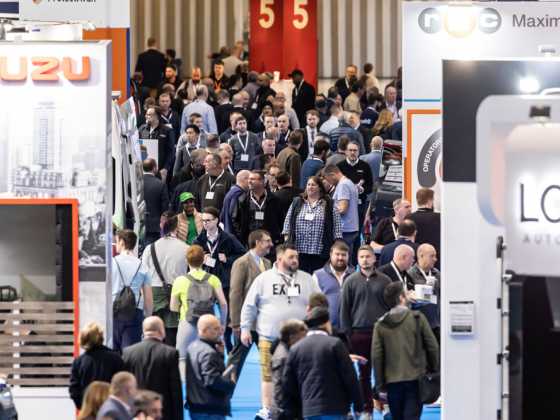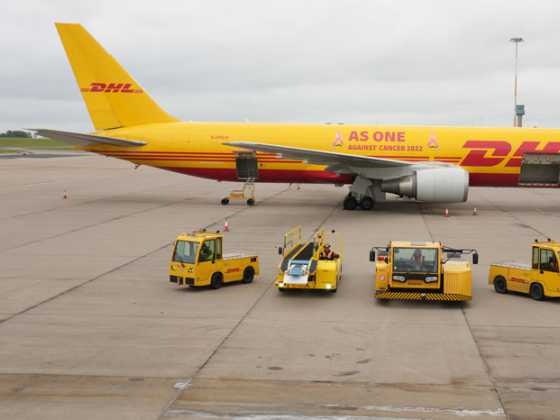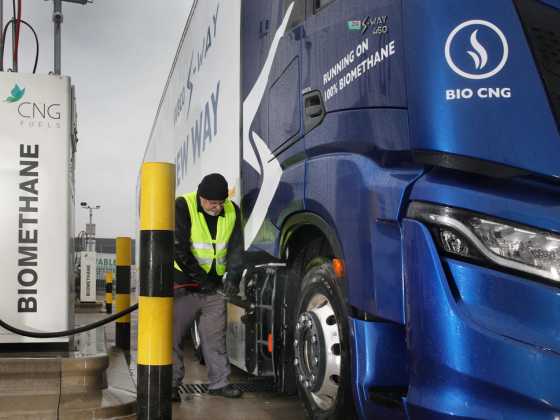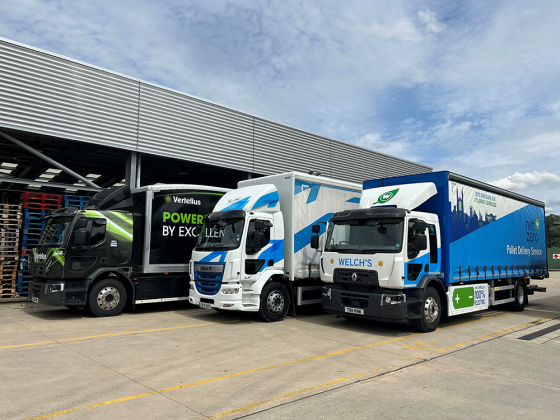Andy Eastlake: Tomorrow’s transport system

As I write this from the LowCVP’s offices in Westminster, we’re looking forward to the announcement of the government’s promised strategy for cutting emissions from the road sector. The strategy (previously referred to as ‘The Road to Zero’) will give us greater focus and clarity around the trajectory for vehicles and fuels over the next few decades.
Many GreenFleet readers will have seen the recent speculative headlines bemoaning supposed future bans on petrol and diesel cars and much wringing of hands over the suggestions that even the iconic Toyota Prius might fall foul of such a ban.
While I can’t comment on the content of any government document, what I can say is that I don’t hear anyone today complaining that they can’t buy a Ford Sierra or Vauxhall Cavalier. Moreover, technical change is moving at a pace never before seen in the industry and, in 2040, the car – the way we drive it and, indeed, whether we own it at all – will all be unrecognisable compared with the car of today. And, I should note, the original Prius hybrid – a terrific car and a vital forerunner of things to come – is now over 20 years old and has been superseded by several plug-in variants. The Prius didn’t even exist, of course, when the Sierra and Cavalier were in the new car directories.
In 2040, what will be required is that the vast majority of our new vehicles will do most of their journeys with zero emissions at the tailpipe and that the energy on which they run will have to be increasingly – and, ultimately completely – renewable. (I should note that we are making progress in the latter regard; a recent study from the IMechE, with whom LowCVP works closely, focuses on what can be done with the increasingly common UK renewable energy surpluses).
It is the need for zero tailpipe emissions particularly in urban centres that any government should be highlighting and clearly signposting; achieving this is vital if UK industries are to be sustainable and to thrive in the longer term.
With any long-term strategy (and the poorly informed headlines it generates) there is, of course, also a need to encourage action now and to focus on the shorter-term steps required to deliver the vision. An important component will be how effectively we can encourage the consumer and fleet markets to embrace immediate actions which meet their needs but also begin to reduce the impact that transport is having on the environment.
This will be the focus for LowCVP’s 15th Annual Conference in July; how do we make sure that the vehicle and fuel buyers are on-board with aims of the policy makers and that there is sufficient demand-pull for the producers to make the investments needed to deliver the products required.
There’s no doubt in my mind that we are on a Journey to Zero, but it is long, complex and challenging, so everyone and everything needs to embrace the strategy and as the philosopher Lao Tzu said: “Do the difficult things while they are easy and do the great things while they are small. A journey of a thousand miles must begin with a single step.”
The LowCVP’s Annual Conference – ‘People, Policy or Product; How far can consumers take the drive to zero emissions?’ will take place on 12 July in Westminster.






